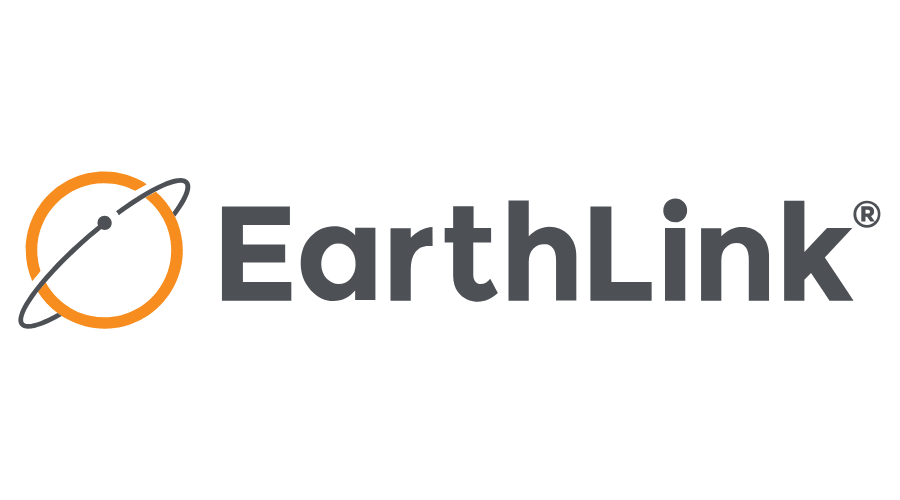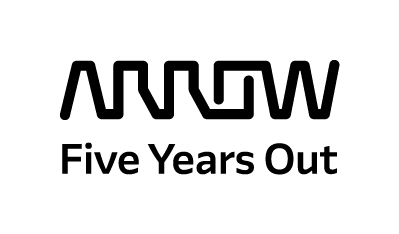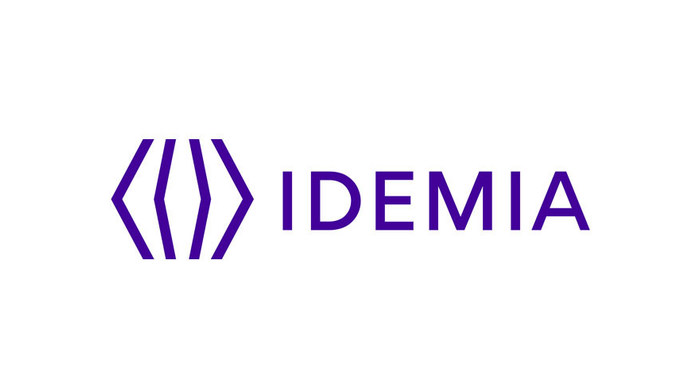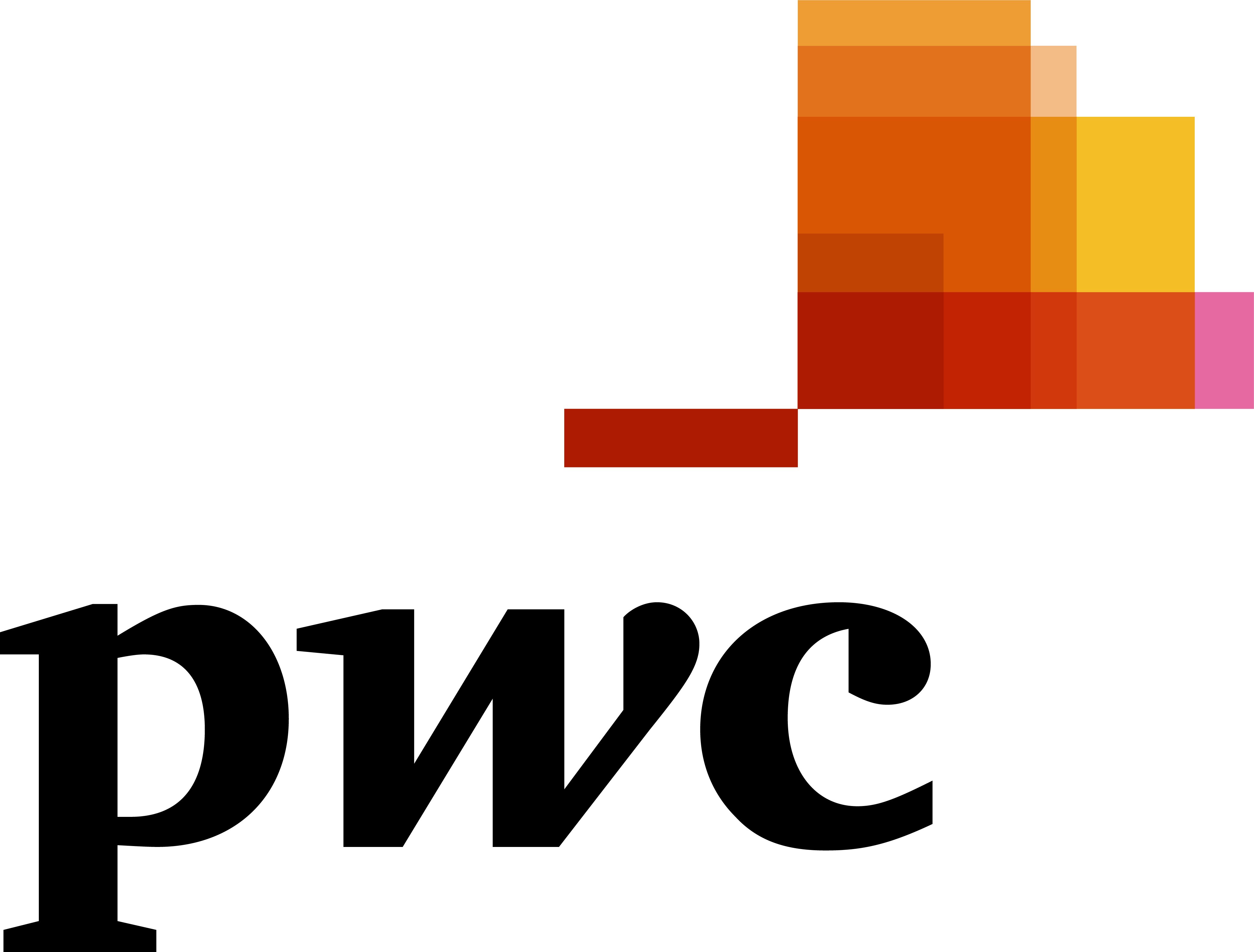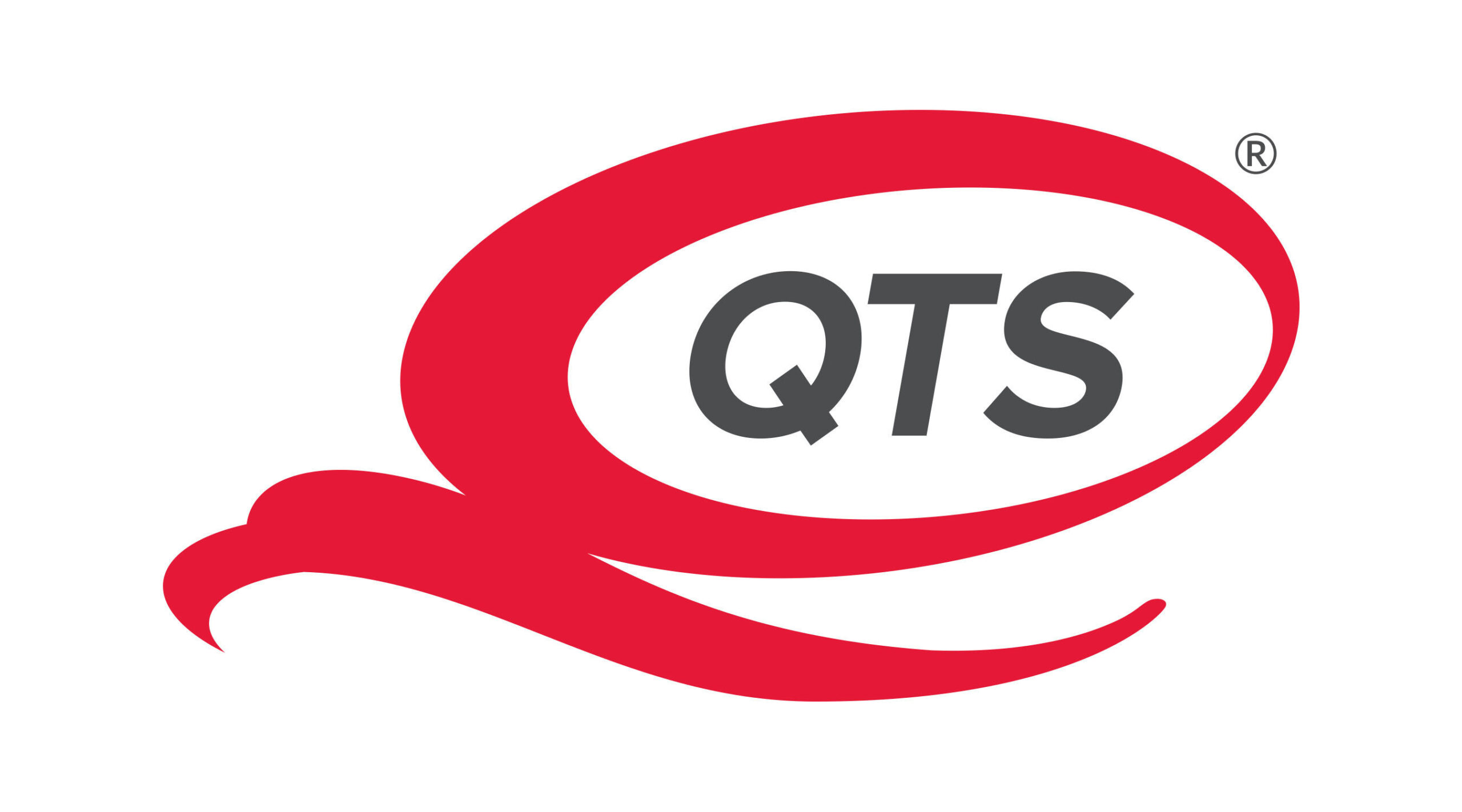By Larry K. Williams, TAG President and CEO
From innovations in waste management, public safety, education or government and emergency service delivery, our communities across Georgia are getting smarter and smarter. As such, addressing the digital divide is more crucial than ever to ensure an equitable access to these solutions. Recently, I had the opportunity to speak about this challenge and Georgia’s contribution to broadband access on the Dentons Smart Cities Chat Series with host Katarzyna Sliwa.
One of the key challenges that arose during our discussion was the cost of deploying internet infrastructure in low density areas. Traditional broadband service providers rely on subscriber density, making it difficult to justify infrastructure deployment in areas with fewer subscribers. However, wireless technologies are becoming increasingly accessible, allowing for the delivery of high-speed internet at affordable prices.
Furthermore, policy changes have played a significant role in bridging the digital divide, opening the door for technology to fill the void. Public–private partnerships have emerged as a key solution to providing infrastructure in underserved areas. Private companies are willing to make long-term investments in our communities while the public sector provides funding and expertise to help them install this infrastructure and deliver these much-needed services.
At TAG, we are committed not only to bringing effective solutions from around the world to Georgia but also sharing our experiences with others working to do the same. As such, Governor Kemp’s decision to expand high-speed internet across the state will hopefully serve as an inspiration for other areas to follow suit.
If you would like to listen to the full episode on the Dentons Smart Cities Chat Series, please click here.




